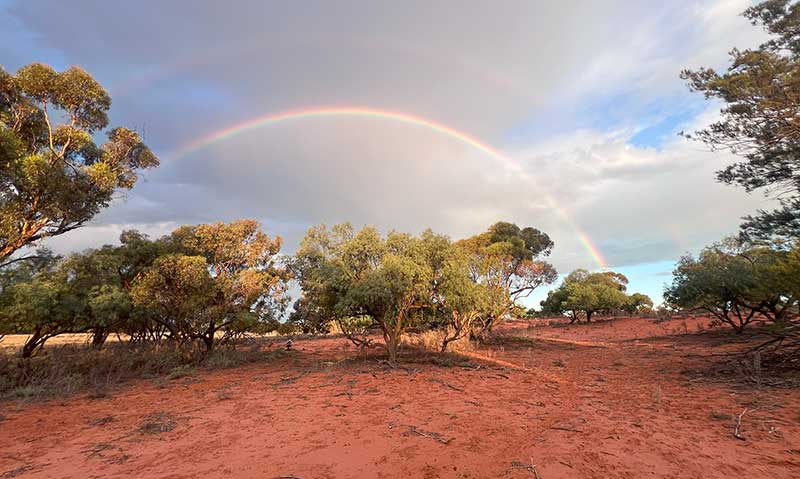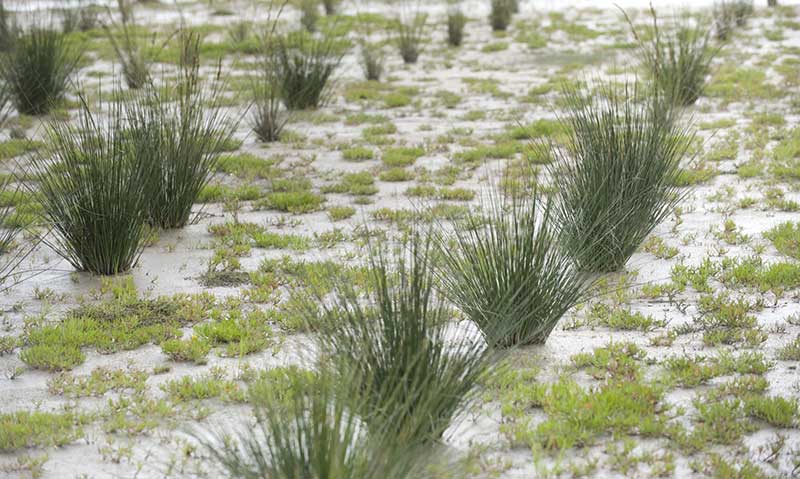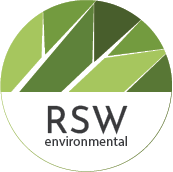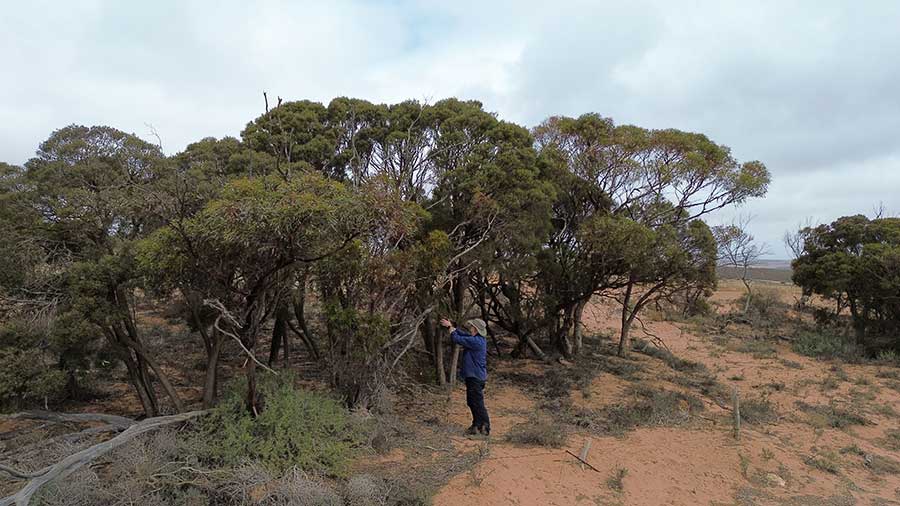ACCU Scheme & carbon market advisory
Navigate the ACCU scheme and carbon markets with expert support
Why our clients seek carbon advisory services
Landholders, councils, and agricultural operators are under increasing pressure to reduce emissions, participate in carbon markets, or understand the carbon impact of their operations. However, navigating eligibility, documentation, and regulatory frameworks like the ACCU Scheme can be complex. RSW Environmental provides strategic, science-based advice to help clients assess carbon opportunities and deliver credible, actionable plans.
Common carbon and GHG advisory needs
Understand if their property is eligible for a carbon project and what’s required to get started
Measure and reduce emissions across land use or business operations
Evaluate if ACCUs can be generated while restoring land or improving biodiversity
Quantify carbon sinks such as vegetation and soil systems
Assess risks, costs, and potential returns of entering carbon markets
Develop baselines, feasibility reports, and ACCU-compliant documentation


Our carbon market advisory and ACCU Scheme services
Australia’s carbon economy is growing but navigating the ACCU Scheme, carbon credit methods, and reporting standards can be complex. We work directly with Clean Energy Regulator frameworks under the ACCU scheme, using ISO-compliant methods to ensure accuracy and audit readiness. You receive practical advice, spatial data insights, and a clear pathway to participate in the carbon economy.

Carbon opportunity assessments
Reviewing land capability, vegetation cover, rainfall zones, and management practices to determine eligibility and method alignment (e.g. Human-Induced Regeneration, Environmental Plantings).
Greenhouse gas accounting
Calculating baseline emissions using ISO 14064-aligned methods, covering Scope 1, 2, and (if relevant) Scope 3 emissions across farm, enterprise, or council operations.
Due diligence and project scoping
Identifying feasible project types, risk factors, permanence obligations, and indicative credit yield.
GIS mapping and spatial planning
Visual tools to support implementation, including maps of staged works, fencing, revegetation zones, and access restrictions.
Implementation support
Assistance sourcing native plants, engaging contractors, or guiding landholders through on-ground delivery.
Market pathway advice
Helping clients decide between participation in the regulated ACCU scheme, voluntary carbon markets (e.g. Gold Standard, Puro.Earth), or internal insetting models.
Project design support
Providing input into spatial boundaries, management practices, monitoring frameworks, and record-keeping aligned with the Clean Energy Regulator’s expectations.
Carbon advisory for co-benefit stacking
Exploring how carbon projects can align with biodiversity credit schemes, NRM targets, or ESG strategies.
Engagement models for carbon advisory and navigation ACCU Scheme
RSW Environmental works with landholders, councils, and project developers at different levels of engagement, from early advisory to complete project delivery. The right level of involvement depends on your goals, capacity, and where you are on the carbon journey.
Here is how we work at a glance
- Short engagements = Advice on eligibility, baselines, and strategy
- Medium engagements = Feasibility, reporting, and planning integration
- Long engagements = Full lifecycle support, including compliance and monitoring

Examples of how our carbon advisory projects typically work
1–3 weeks
One-off advisory
- For clients seeking fast, high-level input or feasibility advice.
- Carbon project eligibility assessments, greenhouse gas baseline snapshots, or guidance on choosing between market pathways.
- Often used by farmers, land managers, or councils exploring whether carbon participation is worth pursuing.
2–6 months
Project development support
- This is for clients ready to progress toward project registration under the ACCU Scheme or other voluntary frameworks.
- It involves boundary mapping, land condition verification (via remote sensing and field data), documentation preparation, and pre-audit readiness.
- Supporting clients alongside a project developer or lead smaller-scale or pilot projects.
6+ months to multi-year
Ongoing strategy and reporting advisory
- This is for organisations seeking long-term support including emissions tracking, carbon neutrality roadmaps, or ongoing compliance.
- It may involve multi-year carbon accounts, Scope 1–3 reporting, integration with insetting or ESG frameworks, and evolving regulatory alignment.
- This is particularly relevant for progressive councils, large land aggregators, or clients stacking carbon with biodiversity outcomes.
- It might also include ongoing carbon project management, e.g. more than 5 years, possibly up to 25 years.
OUR CLIENTS
Our clients and their carbon goals
RSW Environmental works with a range of clients for carbon market advisory.
Landholders and agricultural producers
They often seek to understand if their property is eligible for a carbon project, what kind of returns they could expect, and how to align it with their production goals. Their motivations usually include diversifying income, enhancing landscape health, or supporting their own carbon neutrality ambitions.
Local governments and regional councils
Looking to reduce corporate emissions, improve reporting under Scope 1, 2, and 3, or assess in setting opportunities within their jurisdiction (e.g. landfill gas, urban forestry, or regenerative public land management). Many are developing net zero strategies and need a clear roadmap with practical implementation options.
Environmental project developers and NRM organisations
Seeking technical input to support project design, eligibility assessment, or spatial analysis often within multi-benefit landscape projects that integrate carbon, biodiversity, and water outcomes.
Sustainability-focused businesses
Particularly those in agriculture, food, or supply chain sectors aiming to meet ESG expectations or demonstrate climate responsibility to stakeholders and consumers.
faq’s
Frequently asked questions for carbon market advisory and ACCU Scheme
display none
What is the ACCU Scheme and how do I know if I'm eligible?
The ACCU Scheme (Australian Carbon Credit Unit Scheme) is a government-regulated program that issues carbon credits for eligible activities that remove or avoid greenhouse gas emissions. Common methods for landholders include environmental plantings or human-induced regeneration. Eligibility depends on factors like vegetation cover, management history, and land condition which we assess through mapping, desktop analysis, and site data.
How many ACCUs could my property generate?
Credit yield varies widely depending on land type, rainfall, baseline vegetation, and the selected method. A preliminary opportunity assessment provides a high-level estimate, but accurate projections require a more detailed review of project boundaries, permanence period, and management inputs.
Is it worth pursuing a carbon project for a small property?
Smaller properties can participate, but scale impacts the cost-benefit ratio. We help assess feasibility early on weighing potential returns against setup costs, audit requirements, and long-term commitments. Some landholders choose to stack carbon outcomes with biodiversity goals or ESG strategies for added value.
Can I still farm the land if I register a carbon project?
Yes, in many cases. Some methods allow for grazing, low-impact farming, or rotational management. However, land use must align with the project method rules, and we help clients understand what’s permissible while still maintaining eligibility and credit integrity.
What’s the difference between the ACCU Scheme and voluntary carbon markets?
The Clean Energy Regulator regulates the ACCU Scheme and offers compliance-grade credits. Voluntary markets (e.g. Puro. Earth, Verra) offer more flexible participation and may suit businesses aiming for carbon neutrality without needing government registration. We help clients choose the best path based on goals, risks, and long-term strategy.
Do I need a project developer to register an ACCU project?
Not always. Some landholders manage registration themselves, while others work with a project developer or carbon aggregator. We provide independent advice including due diligence, boundary mapping, and audit preparation to support either path.
What are the risks involved in starting a carbon farming project?
Risks include underperformance (fewer credits than projected), market price fluctuations, long-term land management obligations (up to 25 years), and regulatory changes. We aim to surface these risks early so clients can make informed, strategic decisions.
Can carbon projects be combined with biodiversity credits or restoration work?
Yes. Many clients are exploring co-benefit strategies that align carbon farming with biodiversity goals, such as native revegetation or habitat restoration. We help map opportunities for integration and ensure that frameworks like the Nature Repair Market or grant-funded restoration align with the carbon method used.
Ready to explore carbon credits or need independent advice?
If you’re considering a carbon project, assessing your land’s potential, or working toward net-zero goals, get in touch for independent, practical advice. Whether you need a one-off eligibility assessment or end-to-end support for ACCU registration, we’ll help you make confident decisions grounded in science and compliance.
Get in touch about carbon and GHG advisory
If you’re exploring a carbon project, need help navigating the ACCU Scheme, or want a clearer understanding of your emissions and options, let’s start with a conversation. I work with landholders, councils, and project teams across South Australia and interstate when needed.
Call me directly to discuss your goals or send an enquiry using the form below. I personally lead every engagement and provide clear, grounded advice backed by experience in carbon markets and environmental planning.
Thanks, Russ